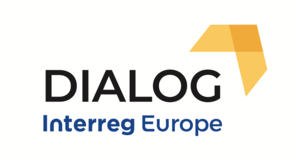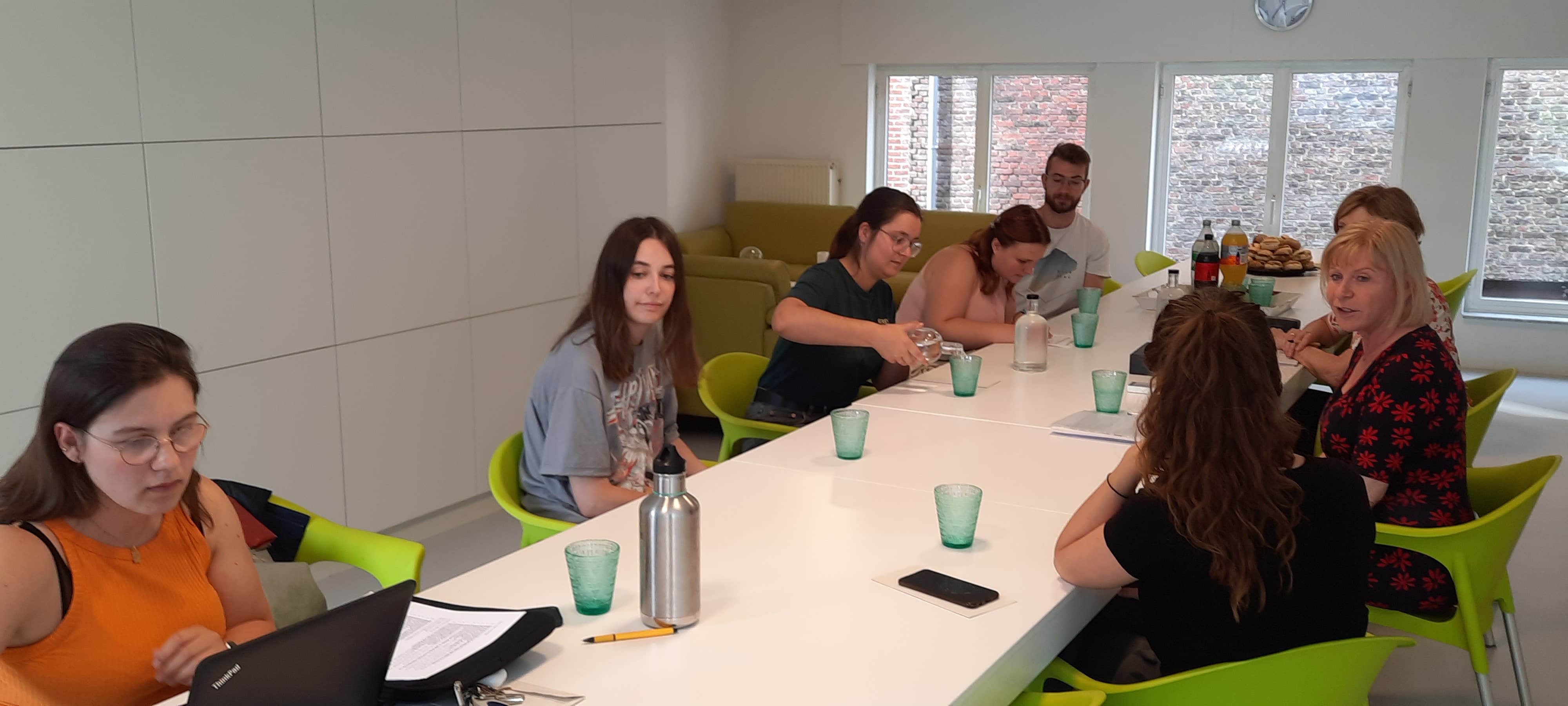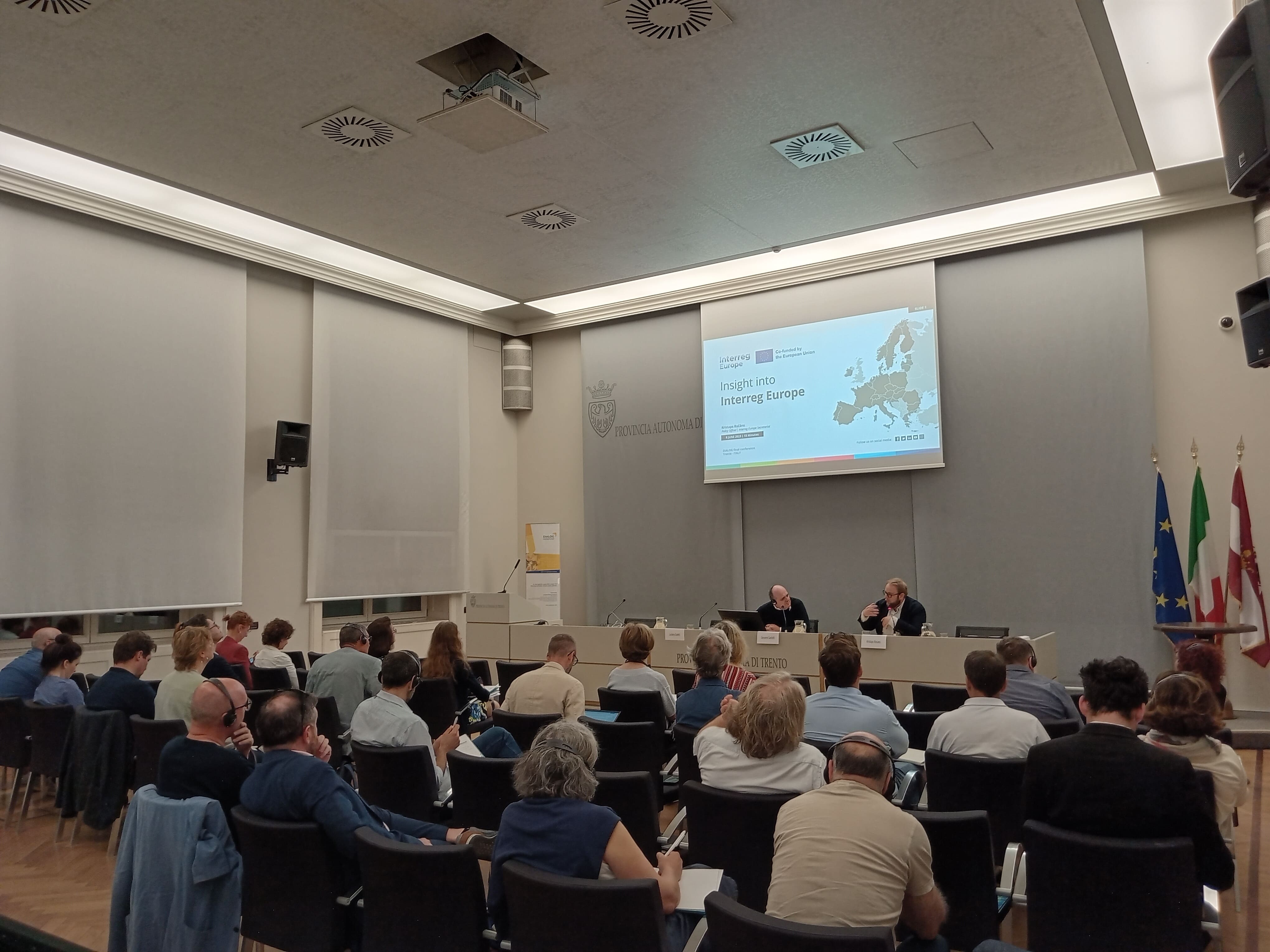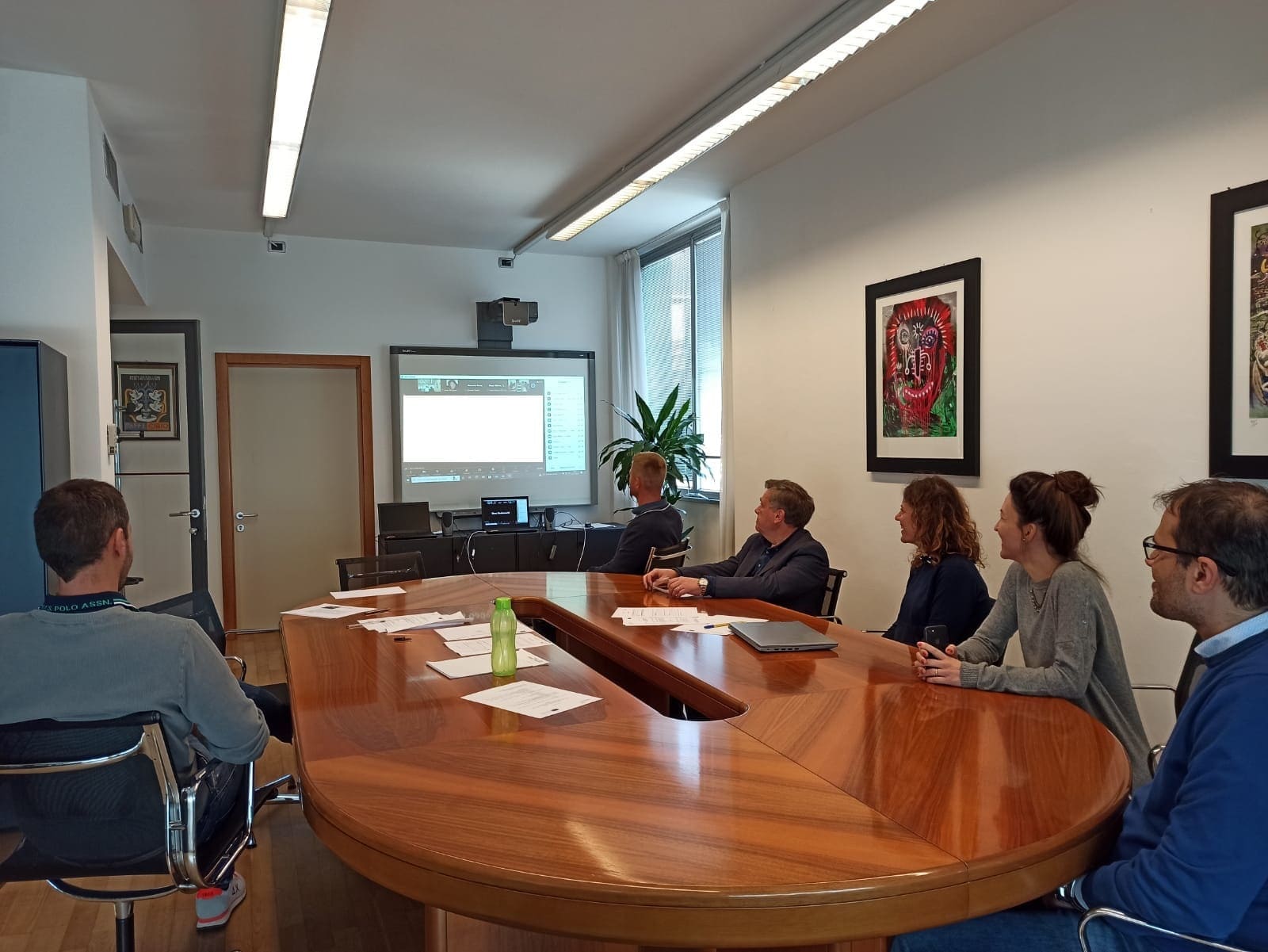On 26 November 2019, the Key Stakeholders of DIALOG in Lower Saxony came together in the Lower Saxon Ministry of Federal and European Affairs and Regional Development. The meeting started with a presentation of Sissi Eklu-Natey about the purpose of DIALOG as well as the identified case studies and levels of action within political stakeholder-involvement in Lower Saxony. She highlighted the best practices and possible fields of action concerning stakeholder involvement as an input for the following discussion. She illustrated also the importance of creating synergies of ongoing participatory processes with the interregional learning process of DIALOG.
During the meeting Sissi Eklu-Natey invited Iris Phan to introduce Hackathon to the participants as a basis to discuss the predefined case of studies. A Hachaton is a novel and groundbreaking approach that allows networking well beyond predefined Stakeholder groups and the connection with innovative and technology aware groups of people. A Hackathon can serve as a tool to finding innovative solutions for existing problems on regional and national level.
Afterwards the stakeholders discussed the predefined fields of action through the method of a world café in order to find strengths and weaknesses of the identified case studies as well as the opportunity of increasing efficiency of these ERDF/ESF policy instruments through innovative Stakeholder involvement and collaboration.
The following policy instruments were discussed:
I. “Landscape values”;
II. “Resource efficiency”;
III. “Social Innovation”;
IV. “Participatory processes for the set-up of the next operational programme”;
All the participants expressed the general desire to introduce more innovative approaches to existing policy instruments in relation to techniques of stakeholder involvement and the overall composition of stakeholder groups.
The first meeting successfully helped the key stakeholders identify the opportunities that lie in the DIALOG project, especially when it comes to reflecting upon former participatory processes, present policy instruments and the set-up for new policy instruments in the future. All stakeholders are looking forward to the interregional exchange and wish to create a stronger network within the group.








